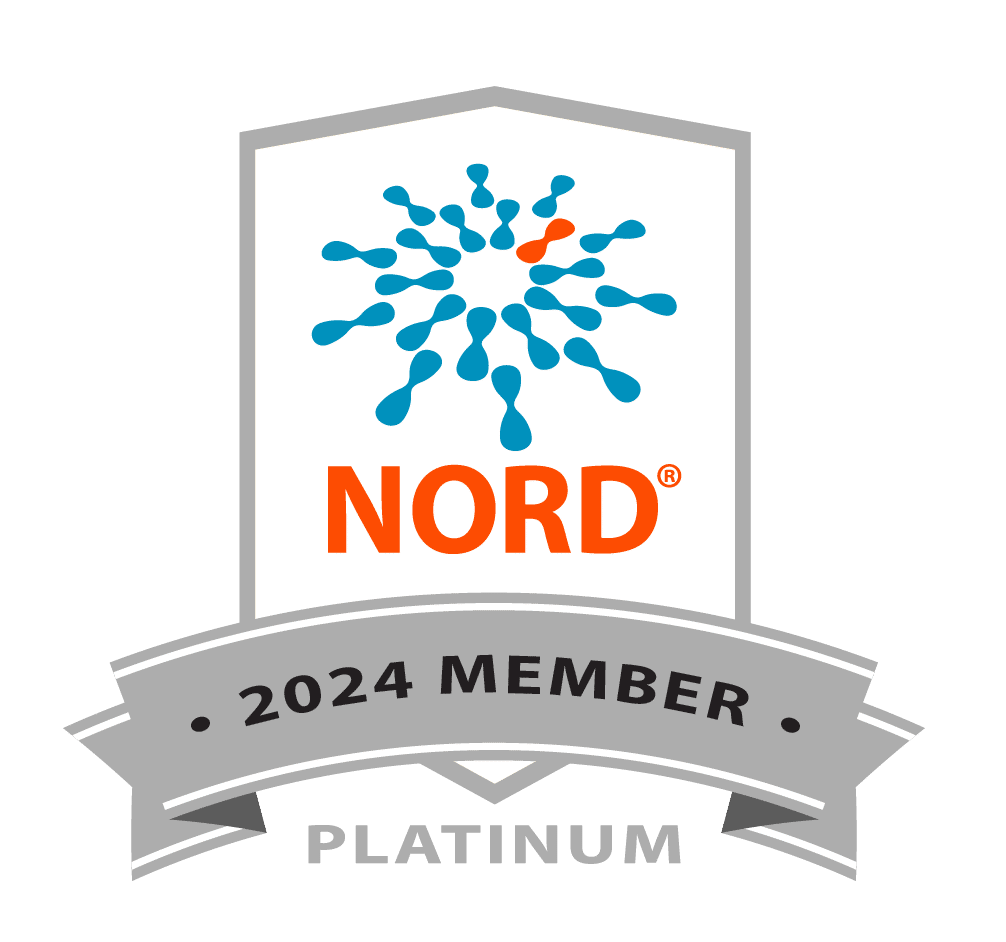Daniel Grimm spent decades as a certified professional driver of tractor-trailers, hauling loads up and down the East Coast. It was hard work, but he took pride in his profession and relished the independence of the open road. However, in his early 50s, Grimm noticed that once-simple tasks were leaving him winded and struggling.
“I was out of breath making breakfast,” he recalled. “I knew something wasn’t right.”
After being dismissed by his initial primary care physician, Grimm eventually found a doctor who took his symptoms seriously and looked further into what could be the cause. In 2016, after 11 years searching for answers, Grimm received a diagnosis that would change the course of his life: alpha-1 antitrypsin deficiency (AAT deficiency), a rare genetic condition.
Alpha-1 antitrypsin deficiency, more commonly called alpha-1, is a condition that affects the lungs and/or liver, caused by variants in both copies of the SERPINA1 gene, which cause cells to make an abnormal type of alpha-1 protein. These gene changes can cause the body to have low levels of AAT or no AAT in the lungs, and depending on the changes, a buildup of AAT in the liver. Alpha-1 increases the risk of developing certain diseases, including cirrhosis of the liver, and/or panniculitis, which is an inflammation of the fat beneath the outer layer of skin. Alpha-1 is sometimes referred to as “genetic COPD” (chronic obstructive pulmonary disease), which is a type of emphysema. This is a comorbidity that Grimm now has.
For Grimm, the diagnosis brought both relief and a new set of challenges. He was immediately started on lifelong augmentation therapy, a weekly plasma-derived infusion that helps stabilize the condition of the lungs, although it cannot reverse the damage already done to his lungs and liver.
After retiring from truck driving six years ago, Grimm felt moved to get more involved in the alpha-1 community. He took a job as an AlphaNet coordinator, a sister organization to the Alpha-1 Foundation, using his personal experience to support and empower others living with the disease, taking nearly 150 calls each month from other individuals living with alpha-1.
“At first, it was a lot of ‘woe is me,'” Grimm admits. “But my own AlphaNet coordinator helped me turn it around and start living well with alpha-1.”
Last year, Grimm retired from his AlphaNet role, but he continues to find ways to give back and raise awareness. Grimm is an active alpha-1 advocate with Alpha-1 Foundation, meeting with Congressional offices in Washington, D.C. to educate government officials on alpha-1 and access to care. He recently volunteered at a patient advocacy day in Washington, D.C., with the Plasma Protein Therapeutics Association (PPTA), where he shared his story and advocated for increased funding, research, and access to treatment.
Now, at 68 years old, Grimm is enjoying his retirement, taking in baseball games and theater performances as his health has stabilized on the plasma-derived treatment. At diagnosis, he had lost 40% of his lung function, but that has remained steady for the past eight years, thanks to his lifesaving weekly infusions.
It has taken the plasma donations of thousands of individuals to keep Grimm healthy over the past eight years. In fact, over the past eight years, it has taken over 50 million plasma donations to treat an estimated 7,000 patients in the U.S. living with just this one rare disease. Grimm’s story is a testament to the life-changing impact of plasma-derived therapies and the power of patient advocacy.
Read the original article here.












